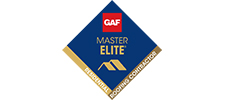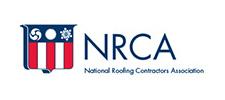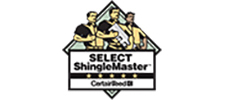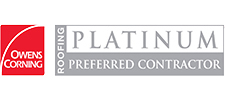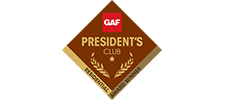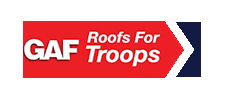Hail damage on roofs can’t be determined just by looking at them from the ground. This is one of the many reasons why homeowners disregard having their roofs checked following a hailstorm. Of course, it is never a good idea to put off these necessary actions and hope the problem goes away. Local roofing company Adams Roofing Professionals, Inc. explains why below.

The Impact of Hail on Roofing Systems
Ignoring hail damage on your roof, even if it doesn’t seem obvious, can cost you a lot more in the long run. Once hail hits your roof’s asphalt shingles, the protective granule coating on the impact point gets dislodged from the base material. With the granules gone, the protective layer underneath is exposed to the elements.
Then, the ultraviolet rays from the sun weaken the exposed spots on your asphalt shingles, making them brittle and more vulnerable to leaks. A leaking roof can cause extensive damage to your home’s interior in the form of mold, water spots on ceilings and walls, electrical issues, and even personal property losses.
The Impact of Hail on Your Insurance Claim
Contacting your local roofing contractor is imperative as soon as the hailstorm has ceased battering your area. By having the professionals inspect and repair your roof after this weather occurrence, you can minimize future significant costs.
Unfortunately, not all homeowners are aware of how urgent this kind of situation is. Hail damage on roofs is covered by homeowner’s insurance policies, but the insurers can refuse to pay out the costs of restoring the roofs to their original condition if the homeowners wait too long to get them repaired. Be sure to take action in preventing leaks and subsequent damage on your hail-damaged roof by seeking the expertise of roofing pros and informing your insurance provider about it.
At Adams Roofing Professionals, Inc., we don’t just help you deal with your roof repair cost. We also assist you when it comes to your hail damage insurance claim. Learn more by giving us a call at (847) 364-7663 or (847) 359-1400. You may also fill out our contact form to schedule an inspection.


